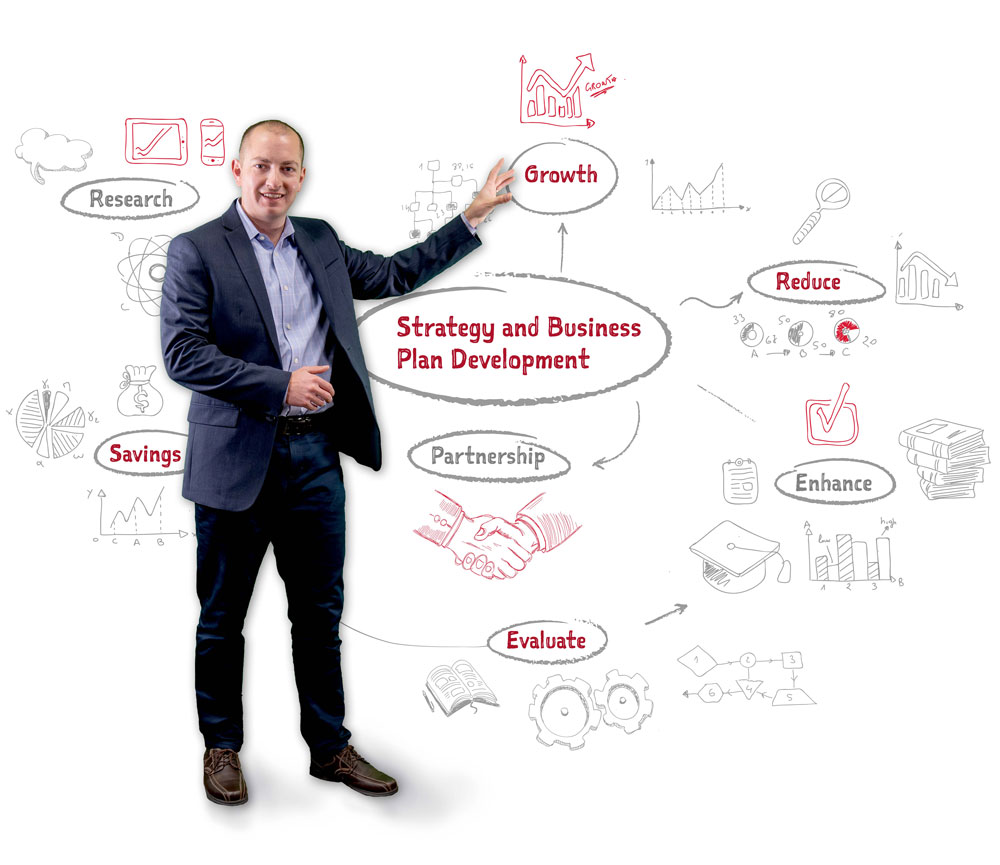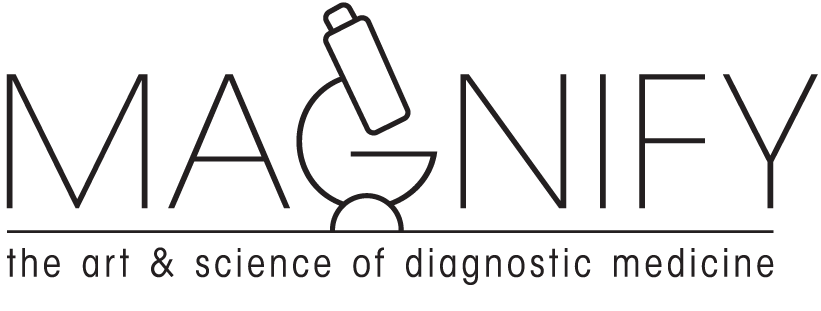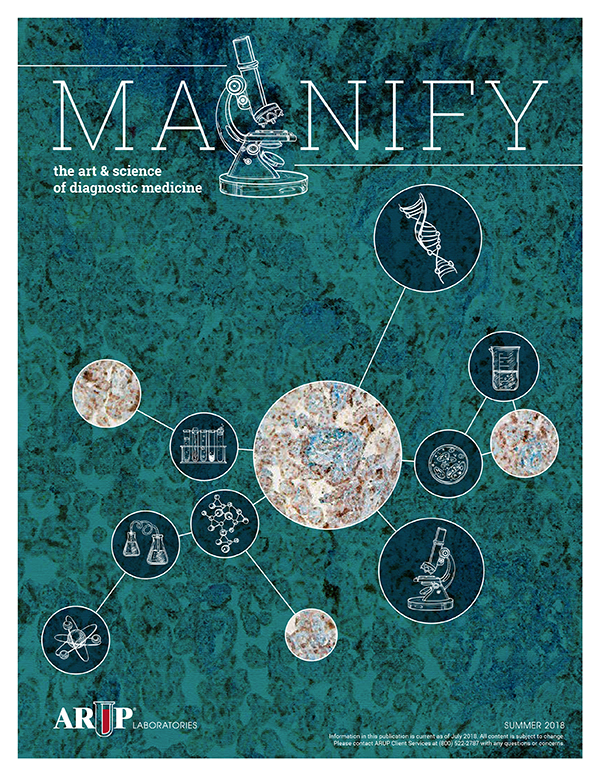Creating an Integrated Laboratory Service Line Can Improve Patient Care, Health System Competitiveness
Change is a constant in the clinical laboratory industry as well as in the healthcare industry. Although change can present an opportunity for improvement, it can also negatively impact operations and patient care if there is a failure in planning or execution. Having moved from technical operations to business consulting during the course of my career, I have seen a variety of decision-making and risk management approaches to change. For example, it is important to carefully validate and control change in the clinical laboratory; however, requiring the same level of certainty to implement change in a business setting would likely lead to paralysis in the organization.
I see these two worlds colliding as efforts are made to integrate laboratory operations across health systems. Health system leaders are deciding that while their system laboratories may have operated independently in the past, more alignment is needed for them to remain competitive in the future. The ARUP Healthcare Advisory Services team has studied this trend and consulted with a number of health systems seeking to more closely integrate their laboratory operations. A common theme we have discovered while working in this area is that creating an integrated laboratory service line offers an opportunity for significant efficiency gains, but only if there is also an appreciation of the important role the laboratory plays in patient care and clinical decision-making.

First, the good news: The benefits of creating a truly integrated laboratory service line in a health system can be profound, both to the laboratory and the health system.
From the laboratory’s perspective:
- Creating centers of excellence for specialty testing can simultaneously relieve staffing shortages and allow for a more comprehensive test menu.
- Standardizing instrumentation platforms enables higher service levels, greater redundancy, and smoother supply chains.
- Utilizing a shared laboratory information system (LIS) can give each site access to more sophisticated clinical systems support and enable seamless test referral between laboratory sites.
From the system’s perspective:
- Shared contracting allows for more pricing power.
- Reducing redundant operations can lower costs.
- Aligning test catalogs and naming conventions will allow physicians to operate between facilities more easily.
However, the drive to reduce costs can lead to suboptimal decisions unless there is a lab champion who can communicate the realities of lab operations as well as the importance of the laboratory for patient care. If there is not a complete understanding of how laboratory costs change (or remain the same) when volume is added or removed, a decision to move testing in pursuit of a lower cost per test might ultimately have the opposite effect. Even more importantly, it can be easy to lose sight of how critical timely lab results are to patient care. Pursuing greater “efficiency” (as defined by minimizing testing costs) does not account for the crucial treatment decisions that rely on test results. A negative impact on the clinical decision-making process can cause problems that make a lower cost per test seem trivial in comparison.
My team and I approach these complex consulting projects by combining our understanding of laboratory operations with a data-driven approach that speaks to both our laboratory stakeholders and health system leaders. Although communicating these different perspectives to every stakeholder can be challenging, the end result is a solution that is not just a compromise but a meaningful improvement to laboratory services, patient care, and health system competitiveness. It’s not possible to “validate” a new laboratory strategy beforehand, but the chances of success increase dramatically if everyone involved understands the central role the laboratory plays in supporting clinical decisions and patient care.





